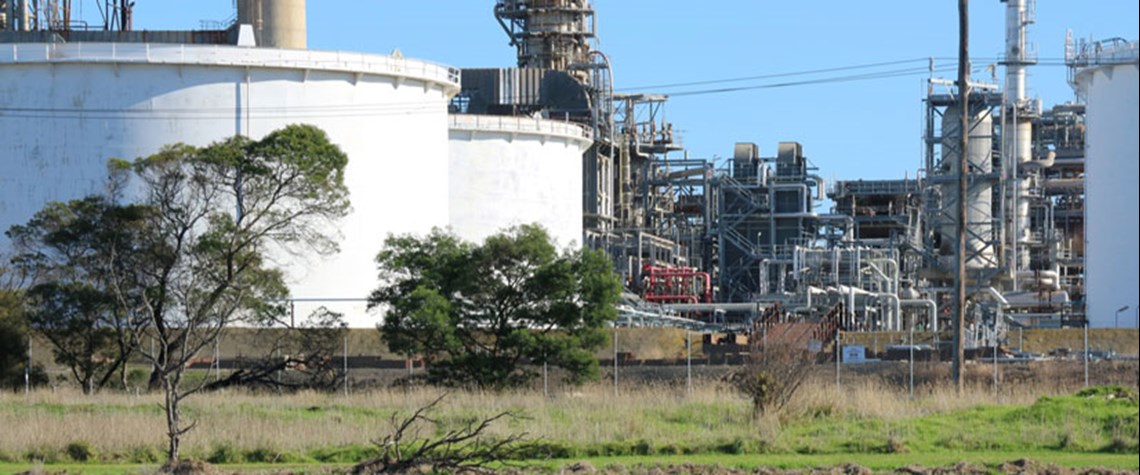Australia to subsidise remaining refineries
Concerned about supply security, Australia plans to fund its last two refineries standing for at least the next six years.
Australia has passed legislation intended to keep its remaining oil refineries open for at least another six years. The Fuel Security Bill 2021 includes fuel security services payments (FSSPs) “to support refiners during loss-making periods and enable them to continue refining until 30 June 2027”. The bill will “lock in the future of the refining sector”, make fuel supplies more secure and protect jobs, the Department of Industry, Science, Energy and Resources says. Refineries will start to receive payments for the production of key fuels from 1 July this year. The bill also includes a minimum stockholding obligation (MSO) for fuel importers and refiners to maintain reserves of petrol, diese

Also in this section
20 February 2026
The country is pushing to increase production and expand key projects despite challenges including OPEC+ discipline and the limitations of its export infrastructure
20 February 2026
Europe has transformed into a global LNG demand powerhouse over the last few years, with the fuel continuing to play a key role in safeguarding the continent’s energy security, Carsten Poppinga, chief commercial officer at Uniper, tells Petroleum Economist
20 February 2026
Sempra Infrastructure’s vice president for marketing and commercial development, Carlos de la Vega, outlines progress across the company’s US Gulf Coast and Mexico Pacific Coast LNG portfolio, including construction at Port Arthur LNG, continued strong performance at Cameron LNG and development of ECA LNG
19 February 2026
US LNG exporter Cheniere Energy has grown its business rapidly since exporting its first cargo a decade ago. But Chief Commercial Officer Anatol Feygin tells Petroleum Economist that, as in the past, the company’s future expansion plans are anchored by high levels of contracted offtake, supporting predictable returns on investment







